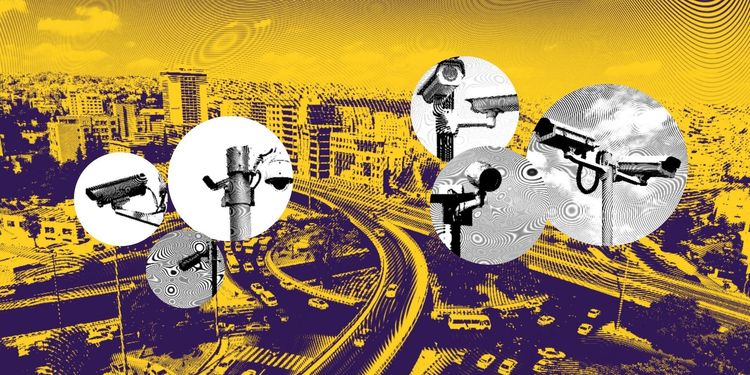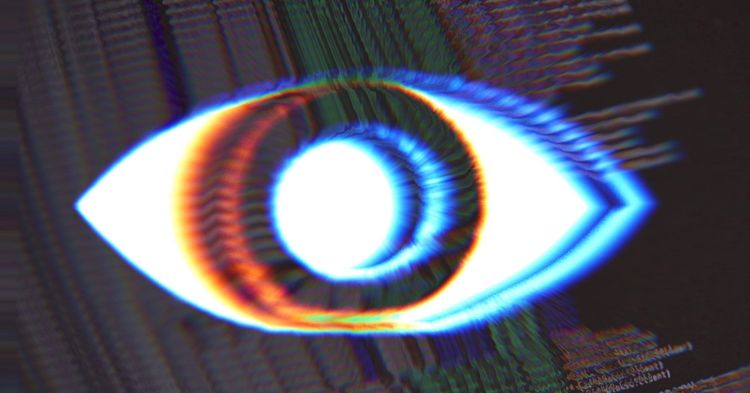IMPACT
Highlighted Activities

November 2018
Privacy at the UN Level
In 2018, at the 31st session of the Universal Periodic Review (UPR) in the United Nations Humans Rights Council (UN-OHCHR), Jordan obtained for the first time in its history recommendations regarding the right to privacy, following JOSA’s report which was co-submitted with Privacy International, and efforts from more than 15 diplomatic missions.
Featured Articles

Public cameras/CCTV in Amman
Ever been in a speeding car that was caught by a radar? The cameras that monitor our streets make them safer, but what does that mean for our privacy and rights to protest? This article answers these questions and raises concerns about the laws regarding our rights to privacy, by Yara AlRafie

Statement on the Targeting of Jordanians by Spyware
The Jordan Open Source Association (JOSA) denounces the targeting of multiple officials, activists, journalists and lawyers in Jordan through the «Pegasus» spyware -developed by the Israeli company NSO- and other hacking tools. JOSA expresses full solidarity with the targeted individuals and demands protection for those and for all Jordanians against such attacks.
What does privacy mean?
Privacy means that users have the ability to seclude the information they choose from the rest of the world. Privacy is a fundamental right enshrined in Article 12 of the Universal Declaration of Human Rights. It strengthens other rights such as freedom of expression and opinion, and freedom of association. Your right to privacy is manyfold, it means: 1) the technology you use is built in such a way that makes it nearly impossible for attackers to intercept your communications (with strong encryption), 2) the law protects your right in case of infringement and holds entities that store and process your personal data accountable, 3) the law limits government surveillance within necessary and proportionate principles, and 4) any attempts to undermine strong encryption is prohibited.